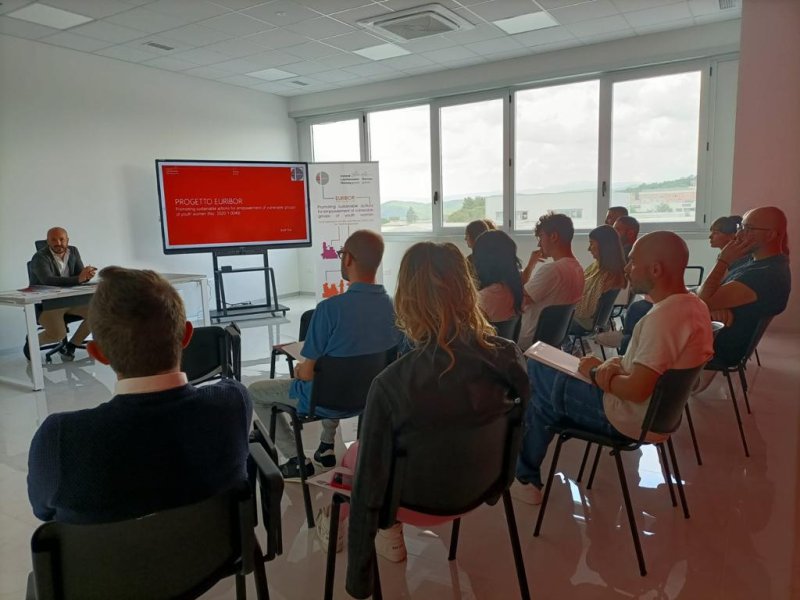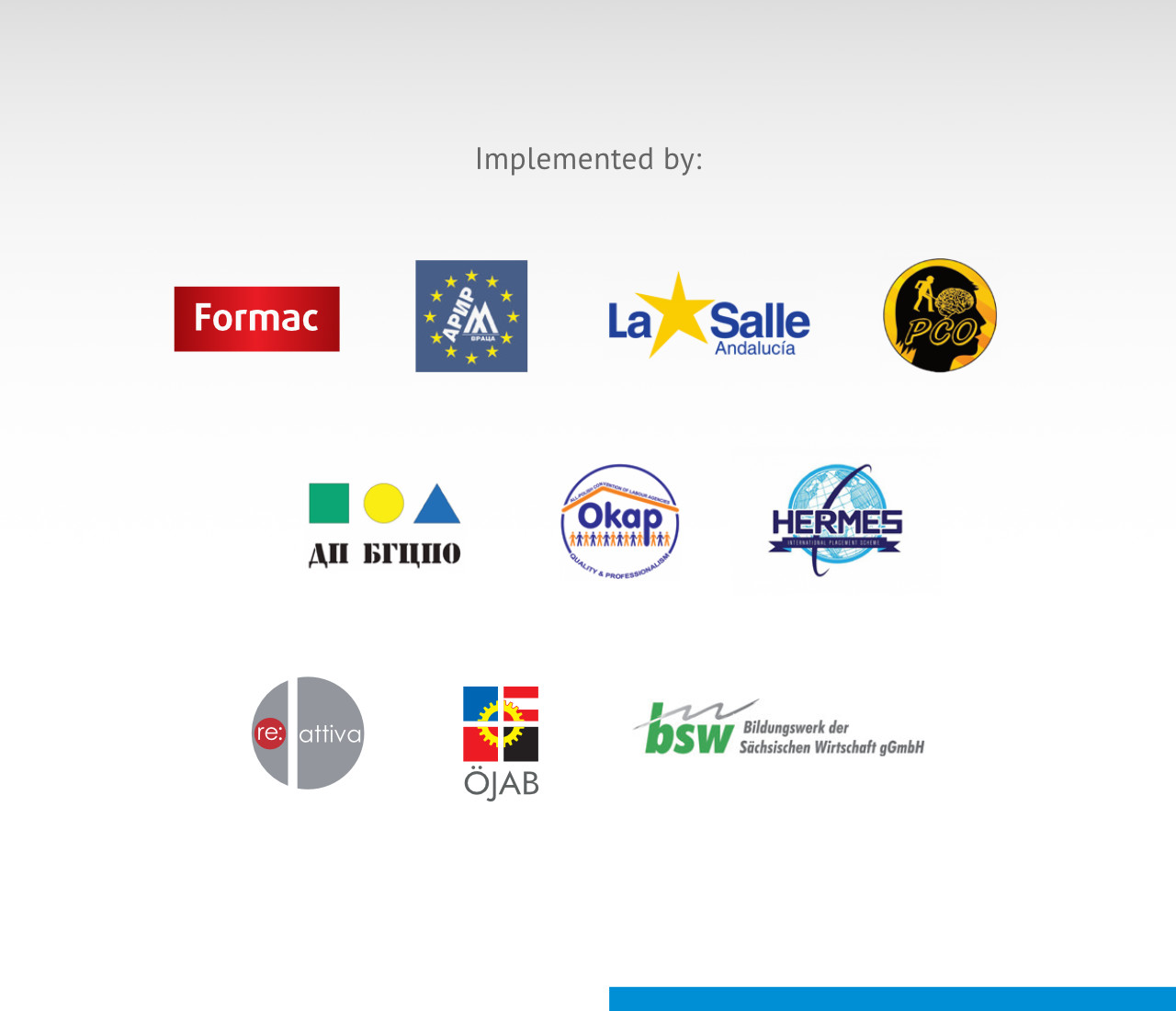31/07/2023
Expert in Italy, Luisa, on her experience in the project
Among the various Italian emergencies, the growth of NEETs (not in Education, Employment or Training), is assuming worrying dimensions.
Young people who do not study, do not work and are not included in training courses have exceeded three million in Italy, of which almost two thirds are women. This makes Italy one of the European countries with the highest number of young NEETs, with a higher incidence in the central-southern regions.
In this context numerous European and governmental initiatives are inserted to counter this phenomenon through active policies that see young NEETs as beneficiaries.
Among these is the EURIBOR project, of which REATTIVA, a non-profit organization with offices in Campobasso (Molise region) and Florence (Tuscany region), is a partner for Italy.
The project is intended to counter the aforementioned phenomenon through targeted actions of social inclusion and on-the-job training targeting women between the ages of 15 and 29.
In fact, the Project envisaged a selection of 30 women in a vulnerable situation, residing in particularly disadvantaged areas, coming from migratory flows, refugees, falling within a target characterized by social or psychological discomfort, to start a training path on the subject of e-commerce and digital marketing.
Here the project assumes the double value and the double objective of a social inclusion project and an active employment policy project. The project is currently in the process of activating internships with companies in the area.
The greatest difficulty in carrying out the project activities was certainly that of intercepting the reference target relating to people who live on the margins of society, girls who dropped out of school, girls who, despite having completed a course of study, have not undertaken a career path, single mothers, foreigners residing in migrational centres. The methodology used was that of the creation of a network between the various stakeholders including schools, municipalities, local public bodies, voluntary associations, local social areas and local employment centres.
Through synergistic and concerted actions between all the actors, the Project Team managed to identify and follow up the applications of 45 women from various backgrounds. So, after the procedural moment linked to the selection, the life stories of these women came out, stories that are sometimes dark and far from the common idea of adolescence we are used to.
The selections, followed by a team made up of a labor market expert, a training expert, a social worker, are in fact intertwined with stories of migration experiences, escape from hunger, war, walking for thousands of kilometres, violence along the difficult journey, illnesses, desperation and detachment from the families of origin, up to landing in migrational centers where, to soothe the wounds and begin a project of hope, there is that sharing with eyes that have equally seen hunger and sufferings.
Stories of distant worlds from the battered African continent but also touching stories of a world that is our world, a Europe that amazes us with a denial of rights and freedoms and with a war that still seems inexplicable, as unacceptable. Stories of girls who fled from the Ukraine of 2022, battered by a war that still seems to us a fiction and which instead has all the cruelty of the horrors of the past in their stories.
Again, stories of very small towns emerge where, hidden in small houses, girls live or survive with lives that are very different from those of their peers born and raised in urban contexts.
Girls who cling to each other to survive, aware that alone they are too fragile to find the strength to rebuild a new life. Delicate and fragile; difficult to talk to them because every question can make the wounds of their souls burn again.
From a silent and previous torpor, this whole scenario exploded with the exploration started with the EURIBOR Project. Different stories, many difficult, linked to girls who are given the hope of acquiring self-awareness first of all and then of entering a society that may appear less foreign, up to the training that allows entry into the world of work that can make them become protagonists of their lives.




